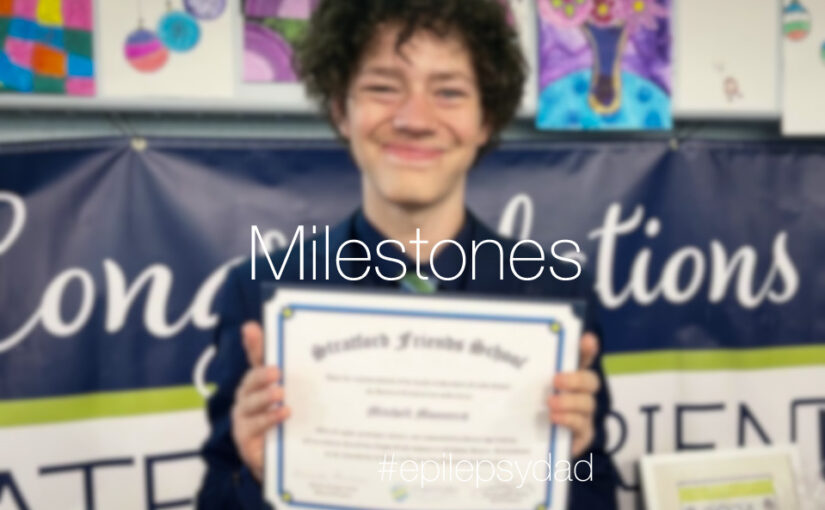A few weeks ago, I was sitting on a beach with my wife.
That, in itself, was not exceptional. We love the ocean and have been on beaches literally around the world. What made it exceptional, though, was that our son was 1,500 miles away.
This was the first time my wife and I had gone on a vacation without him since our son was born.
He is 14.
We’ve spent a night away before. Our son would stay with my parents once they moved to Pennsylvania or with my mother-in-law when she was in town. But only for a night. For many reasons, we weren’t comfortable with him staying longer than that, and we had no one near us with whom we felt comfortable leaving him longer.
Over the past few years, however, we’ve reconnected with one of my cousins, who is one of the nicest, most amazing people I know and who has developed a wonderful relationship with my son. It makes sense because her mother is also an amazing person. My aunt is a former teacher who taught me cursive and who gave me a dictionary at Christmas when I was 10. That is still one of my favorite gifts I have ever received.
When we asked my cousin if she would watch our son, she said “yes” without hesitation. My wife and I could barely contain our excitement when we told our agent to book the trip. And while I expected that there would be anxiety leading up to our departure, it turned out to be minimal. Instead, we handled the logistics of medicine schedules and came up with options for things they could do together while we were gone, including a baseball game.
From leaving for the airport until we walked back in the door, my wife and I could enjoy our trip knowing that our son was in good hands. True to his burgeoning independence, we received minimal texts and FaceTime calls, but they were enough to know that he was safe and happy, giving us space to be alone together for the first time in forever.
Princess Anna was right.
For the first time in forever
“For the First Time in Forever“, Disney’s “Frozen”, 2013
There’ll be magic, there’ll be fun


